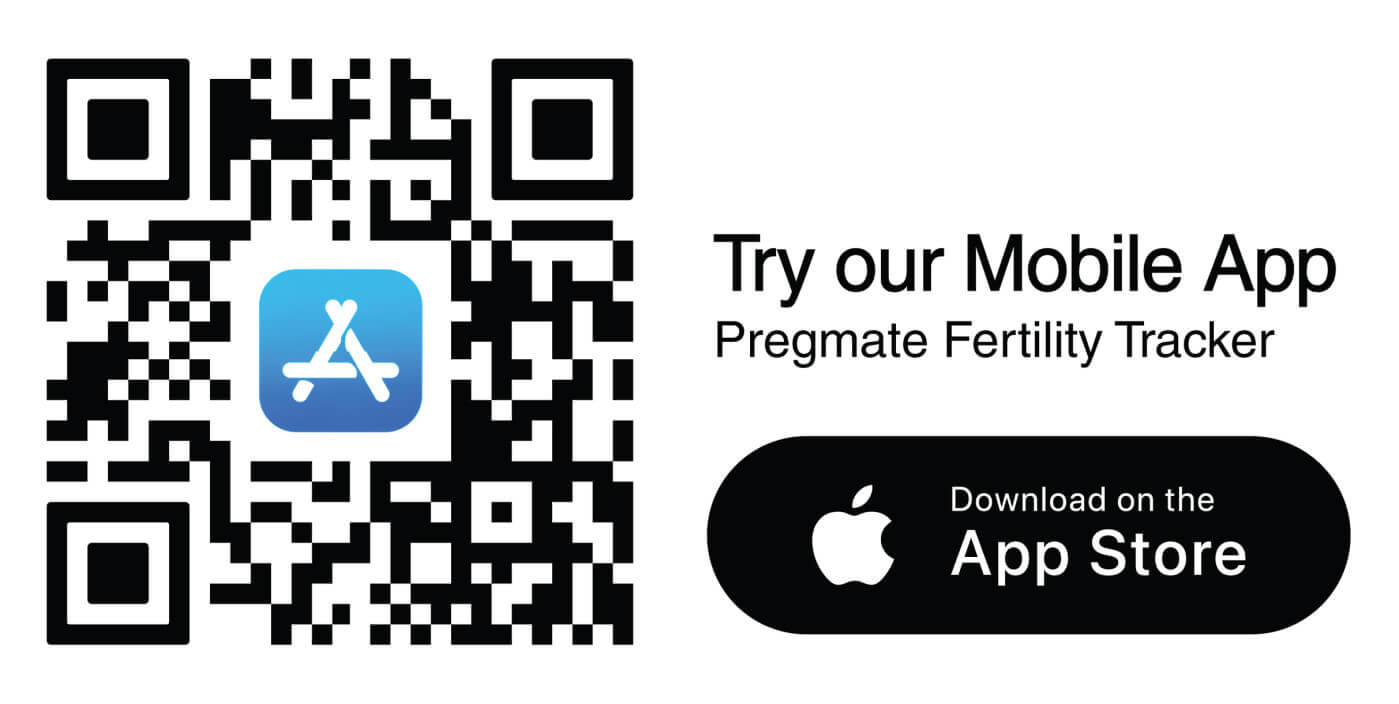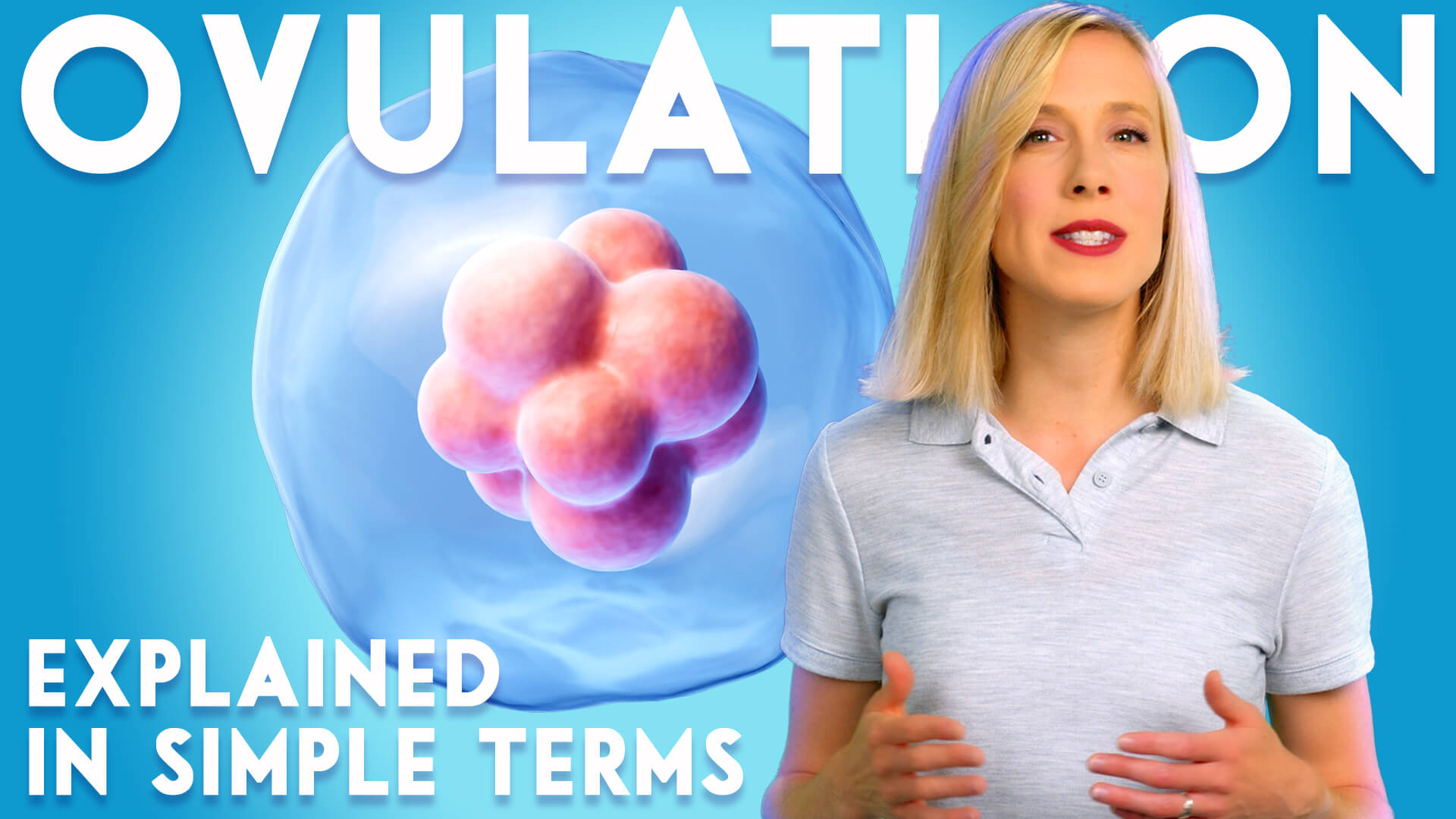Are you starting to wonder about how fertility and age affect your chances of getting pregnant? You’re not alone. Many women have the same questions, especially as they approach their mid-30s and beyond. Fertility and age go hand in hand, and understanding how they impact each other can help you make informed decisions about starting a family.
In this article, we’re going to break it all down—the science behind fertility and age, some common myths, and what you can actually do to improve your chances of having a baby, even if you're thinking, "Is it too late for me?"
Fertility and Age: What’s Going On?
Let’s get right to it—fertility is linked to age, and the relationship is pretty straightforward. Women are most fertile in their 20s, and as the years go by, both the quantity and quality of their eggs begin to decrease. However, this doesn’t mean you can’t get pregnant after 35, and it certainly doesn’t mean you’re out of options in your 40s. It just means things might take a bit more planning and a bit more patience.
The main thing to understand is that women are born with all the eggs they’ll ever have. As we age, the number of eggs goes down—fast. By age 30, you’ve got about 12% of your eggs left, and by 40, that number drops to about 3%. But don’t panic! Many women still conceive naturally, even with fewer eggs, though you might need to be a little more strategic about it.
Your Fertility Journey in Your 20s, 30s, and 40s
Here’s a quick breakdown of how fertility changes as you age:
In Your 20s: This is prime time for fertility. Women in their 20s have the most healthy eggs, and the chances of getting pregnant are high—about 75-85% within a year of trying. Most women at this age don’t need to worry much about fertility, but for those who are thinking long-term, this is a good time to start learning about their reproductive health.
In Your 30s: Fertility starts to dip in your early 30s and more noticeably after age 35. By your late 30s, the chances of conceiving drop to about 65-70%. You may still have plenty of eggs, but their quality isn’t as high as it was in your 20s. This is when fertility awareness becomes even more important, and tools like ovulation trackers or apps can help you figure out the best time to try for a baby.
In Your 40s: Fertility declines more significantly in your 40s. By now, your chances of getting pregnant within a year drop to around 45-50%, and the risk of complications like miscarriage or genetic abnormalities increases. However, some women still get pregnant naturally in their early 40s, and fertility treatments like IVF are always an option if you’re having trouble.
Why Egg Quality Matters as Much as Quantity
As women age, it’s not just the number of eggs that decreases; the quality of those eggs drops, too. When we talk about “egg quality,” we mean how genetically healthy the eggs are. As women age, there’s a higher chance that their eggs could have chromosomal abnormalities, which can make it harder to get pregnant or increase the likelihood of miscarriage.
Egg quality is one of the biggest factors that impacts fertility after 35, and it’s why some women may need to seek out fertility treatments like IVF or consider egg donation. But the good news is, there are things you can do to keep your eggs as healthy as possible, even as you get older.
How to Improve Your Chances of Getting Pregnant at Any Age
No matter how old you are, there are steps you can take to boost your fertility. Age is just one part of the equation—your overall health and lifestyle choices play a huge role in your reproductive health, too. Here are some tips:
Maintain a Healthy Lifestyle: Eating a balanced diet, getting regular exercise, and avoiding smoking or excessive drinking can make a big difference. Your body will be in the best shape to support a pregnancy if you're taking care of it.
Manage Stress: Stress can affect everything from your hormone levels to your menstrual cycle. Yoga, meditation, or even just taking time for yourself can help reduce stress, which in turn, could support your fertility.
Get Regular Check-Ups: Don’t skip those doctor appointments! Regular visits to your gynecologist can help catch any potential issues early on, like hormone imbalances or other conditions that could affect fertility. Your doctor can also help you monitor your ovarian reserves as you age.
Track Your Fertility: This is where apps like the Pregmate Fertility Tracker can be a game-changer. By tracking your cycle, ovulation, and even your basal body temperature, you can pinpoint the best time to try to conceive. Knowing your body’s natural rhythms can give you a huge advantage, especially if you're trying to get pregnant after 35.
Busting Common Myths About Fertility and Age
There are a lot of misconceptions out there when it comes to fertility and age, so let’s clear a few things up:
Myth: You can’t get pregnant after 35.Fact: You can absolutely get pregnant after 35! While it might take a little longer, many women go on to have healthy pregnancies in their late 30s and early 40s.
Myth: Your lifestyle doesn’t impact your fertility. Fact: Your overall health plays a big role in your fertility. Eating well, staying active, and avoiding bad habits like smoking can improve your chances of getting pregnant at any age.
Myth: All women lose their fertility at the same rate. Fact: Every woman is different. Some women may experience a sharp decline in fertility in their mid-30s, while others may still be highly fertile in their early 40s. It’s important to stay informed about your own reproductive health.
Fertility Treatments: A Path Forward
For some women, natural conception just doesn’t happen as easily, but that doesn’t mean it’s the end of the road. Fertility treatments like IVF, egg freezing, or using donor eggs are options worth exploring. These advancements in reproductive medicine have helped countless women become mothers well into their 40s.
If you’re struggling to conceive and concerned about your age, a fertility specialist can guide you through the options that make the most sense for your situation.
Empower Yourself with Knowledge
Fertility and age are intertwined, but they don’t have to control your future. Knowing the facts and taking proactive steps can give you the power to plan your family on your terms. Whether you’re in your 20s and just starting to think about babies or in your 40s and actively trying, there’s a lot you can do to optimize your fertility.
Use tools like the Pregmate Fertility Tracker, stay informed, and most importantly, don’t be afraid to ask questions. Your fertility journey is unique, and the more you know, the better equipped you’ll be to navigate it.
Conclusion
Fertility and age might be connected, but they aren’t the whole story. By staying informed and taking care of your health, you can increase your chances of conceiving, no matter where you are on your fertility journey. Whether it’s through natural conception, fertility treatments, or egg freezing, there’s a path forward for every woman who dreams of becoming a mother.
So, take control of your fertility, track your cycle, and empower yourself with the knowledge you need to make the best decisions for you. After all, age is just a number, and the journey to parenthood is as unique as you are.
Related blog articles:
When is your fertile window?▶️
Ovulation Symptoms: Key Signs & Tracking Tips▶️
How long does it actually take to get pregnant?▶️
Understanding Your Menstrual Cycle: A Comprehensive Guide▶️
The Future of Pregnancy: What to Expect in 2050▶️
Pregmate App - Ovulation Tracker, Fertility and Period Calculator▶️
Pregmate App - ultimate companion for women's cycle tracking and conception planning▶️
Conception explained. Fertilization and Implantation.▶️
Using ovulation tests to identify the most fertile days of the month▶️
Pregmate pregnancy test strips. How and when to do the test?▶️
Tracking LH surge using ovulation tests▶️
What causes PCOS? Symptoms and signs.▶️
Using ovulation tests with PCOS▶️
5 Menopause Myths BUSTED By A Medical Expert! ▶️
Your Complete Guide to Egg and Sperm Freezing Made Simple! ▶️
The Hidden Truth About Endometriosis Every Woman NEEDS to Know!▶️





